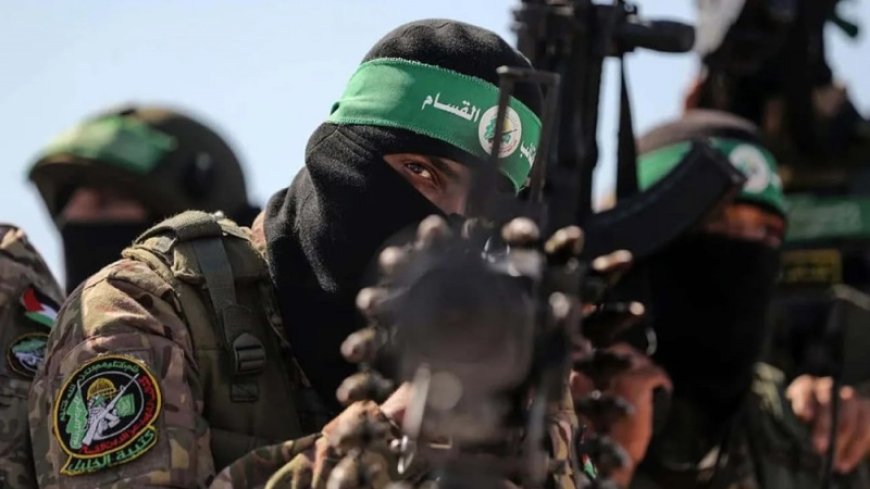Hamas insists that aiming on its leaders cannot destroy the movement.
Following the murder of Yahya Sinwar, a leader of Hamas, the Palestinian Islamic Struggle Movement (Hamas) has reaffirmed in a clear statement that eradicating its leadership will not be able to extinguish its resistance against Israel. Senior Hamas official Basem Naim's declaration emphasizes the group's fortitude against Israel's ongoing combat strikes on Gaza.

Following the murder of Yahya Sinwar, a leader of Hamas, the Palestinian Islamic Struggle Movement (Hamas) has reaffirmed in a clear statement that eradicating its leadership will not be able to extinguish its resistance against Israel. Senior Hamas official Basem Naim's declaration emphasizes the group's fortitude against Israel's ongoing combat strikes on Gaza.
Member of Hamas' Political Office Naim answered barely one day after Israel admitted responsibility for Sinwar's killing during a military assault in southern Gaza. Emphasizing that the cause of Palestinian resistance spans individual leaders, Naim said, "Hamas is a liberation movement led by people who fight for freedom and dignity and it cannot be ended by killing its leaders." Emphasizing the underlying philosophy guiding the movement, he said, "We believe that our destiny is one of two good things, either victory or martyrdom."
The killing of Sinwar represents a turning point in Israel's continuous attack on Gaza, which has gotten more intense since Hamas started its massive Operation Al-Aqsa Hurricane on October 7, 2023. Claimed to be reprisal for Israel's long-standing persecution of Palestinians, the attack set out a strong Israeli response. Aiming to destroy Hamas' military infrastructure and leadership, Israel's military has subsequently conducted massive bombing operations in Gaza.
Notwithstanding these initiatives, Hamas's leadership stays uncompromising. Although Naim admitted the emotional toll of losing important people, he presented these losses as a part of the larger fight for Palestinian self-determination. "Yes, it is painful and sad to lose the people we love, especially leaders like ours, but we are sure that this is the result of all the people who fought for their freedom," he said, stressing once more Hamas' dedication to its goal even in the face of deliberate killings.
Israel's strikes on leaders of Hamas like Sinwar are a component of a larger plan to destroy the movement's command structure and so weaken it. But Naim's comment captures a more general difficulty for Israel: Hamas has become firmly ingrained in Gaza's Palestinian culture, controlling daily life in addition to functioning as a military force. Historically, the movement has flourished on its resistance philosophy, so its existence is more on a group, firmly established cause than about individual leaders.
Israel sees its military operation as essential for its security, especially following the fatal October 2023 attack by Hamas, while some contend that focusing just on leaders could not solve the underlying reasons of the crisis. Conversely, Hamas has developed its resilience on the concept of martyrdom; it sees the death of its leaders as sacrifices for a greater good rather than as losses.
Hamas's message is clear: the murders of its leaders will not undermine the desire of the movement to keep its battle against Israeli occupation intact as the conflict rages on and both sides show no indications of letting down. The more important question is still whether, as Hamas believes, the movement will only get stronger through losses, or whether this approach of aiming at Hamas leadership will finally undermine the group.













































